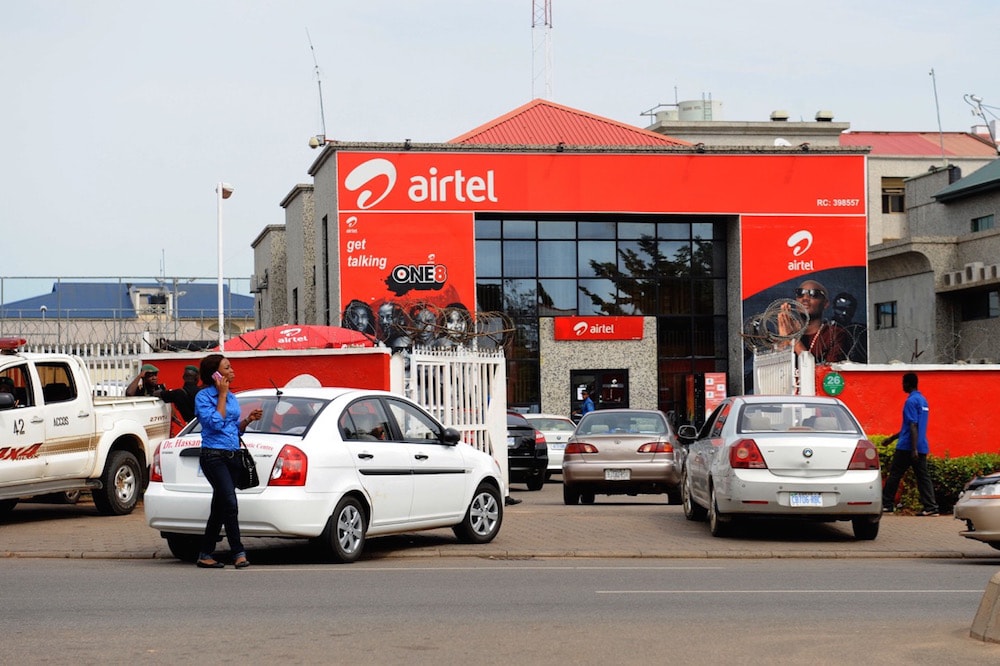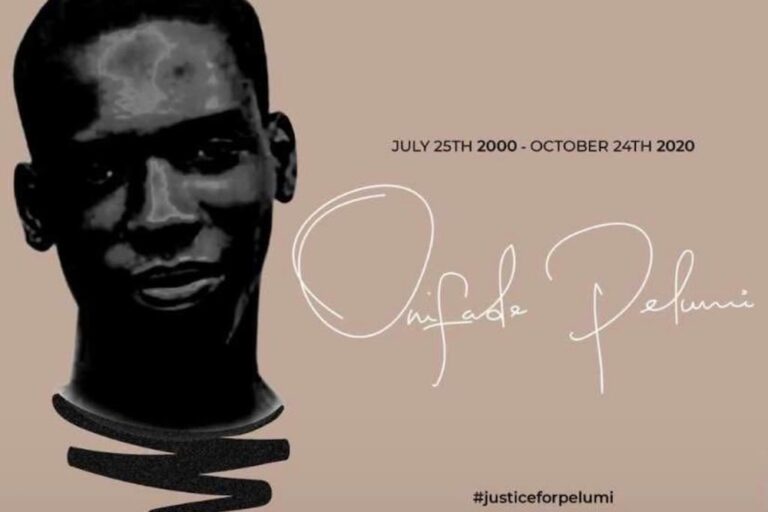"Peoples Gazette" has been inaccessible since 26 January because Nigeria’s four main mobile Internet operators have been deliberately blocking it.
This statement was originally published on rsf.org on 8 February 2021.
Everything indicates that the Nigerian authorities secretly ordered the country’s mobile Internet operators to block access to a popular and respected news website, Peoples Gazette. Reporters Without Borders (RSF) condemns the deliberate violation of the freedom to inform and calls for an end to this censorship.
This latest form of censorship has come to light as the Nigerian authorities are increasingly using the fight against disinformation as a pretext for draconian legislation.
According to a full technical analysis by Qurium, a foundation based in Sweden that specializes in digital security and defending investigative journalists, Peoples Gazette has been inaccessible since 26 January because Nigeria’s four main mobile Internet operators – MTN, GIo, Airtel and 9mobile – have been deliberately blocking it.
The operators did this without telling Nigerian Internet users and without providing any explanation, despite repeated requests from Peoples Gazette and RSF.
Qurium found that the operators are using different methods to block access. To rule out any possibility that its inaccessibility was due to a technical problem with the website, Qurium created an exact copy of the site (a “mirror”) with a slightly different domain name, and it proved to be immediately accessible without any problem within Nigeria.
Launched in September 2020, Peoples Gazette quickly established itself as a significant news media outlet. In October, it was the source of revelations, supported by documents, that the son of the Nigerian president’s chief of staff had been given access to privileges and responsibilities despite holding no official position.
“The insidious and deliberate blocking of a news website regarded as serious and professional constitutes a serious violation of the freedom to inform,” said Arnaud Froger, the head of RSF’s Africa desk. “This act of censorship shows that the fight against disinformation, which the Nigerian authorities brandish as a priority, hides the less respectable goal of silencing media criticism. Our organization will support any initiative aimed at condemning such practices by the authorities and by operators when they are acting as their accomplices.”
The refusal of the authorities to say anything about the blocking of this website makes it all the more disturbing. The messages that RSF sent to Isa Ali Pantami, the minister of communications and digital economy, and to President Muhammadu Buhari’s special assistant for digital and new media, received no response.
The environment for the freedom to inform is increasingly hostile in Nigeria and is marked by the unveiling of more and more draconian bills. After the #EndSARS protests last October, the government revived a bill designed to make it possible to impose Internet cuts. If adopted, operators who resist would be exposed to the possibility of heavy fines or up to three years in prison.
In recent years, Nigeria has emerged as one of West Africa’s most dangerous countries for journalists. Three reporters have been shot dead during protests or large gatherings since 2019, and many others have been attacked or arrested during protests. These violations have gone completely unpunished, with the result that journalists censor themselves and some have fled.
Less than two weeks ago, RSF reported that investigative reporter Ibanga Isine had been forced to go into hiding because of the threats he has been receiving and the deaths of several of the sources for his reporting on massacres in the northwestern state of Kaduna.
Nigeria is ranked 115th out of 180 countries in RSF’s 2020 World Press Freedom Index.



